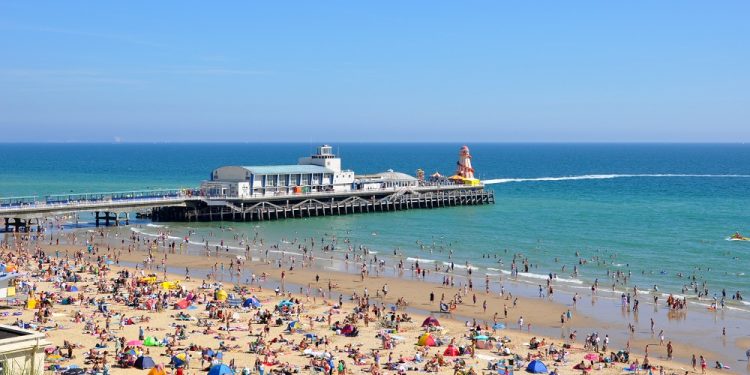
Summer Bank Holiday
The Summer Bank Holiday is a public holiday in the United Kingdom that falls annually on the last Monday in August, although in Scotland it occurs on the first Monday in August. It is also a public holiday in the U.K. Overseas Territories (Gibraltar – except Alderney, Saint Helena – where it is known as August Bank Holiday) and the Crown Dependencies (Isle of Man, Guernsey, Jersey). On this day, many residents head off to local beaches, parks, and tourist attractions. However, while it is a public holiday, many shops remain open or have reduced hours. Originally, the Summer Bank Holiday was instituted by the Bank Holidays Act of 1871. The purpose of this holiday was quite simple: it was designed to give bankers the day off so they could attend cricket matches. On this holiday, many residents visit places they don’t get to see often, and this can vary from one person to the next. Some people might use the three-day holiday to travel to Ireland or the English mainland.History of the Summer Bank Holiday
However, over the years, it began to expand to not only give bankers time off but also to allow workers of all types to have a three-day weekend before the end of summer—the time that workers could spend with their children before they had to go back to school.
From 1965 until 1971, the Summer Bank Holiday was always observed at the end of August, with each date being declared on an ad hoc basis by Parliament. This made the holiday standard for all of the United Kingdom, including Scotland. However, in 1971, it was moved to the final Monday of August in England, Wales, Northern Ireland, and other territories.Summer Bank Holiday Customs & Traditions
Others may go to their local park, attend a festival or concert, soak up some rays on the beach, or simply go for a long drive. And speaking of long drives, since many U.K. citizens travel by car during this three-day weekend, traffic is usually very heavy.








